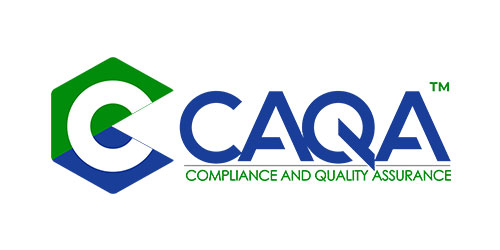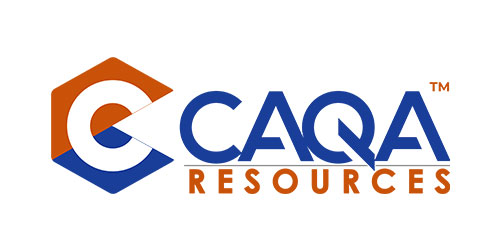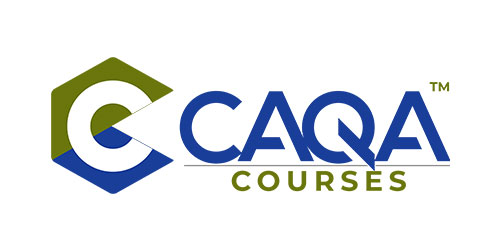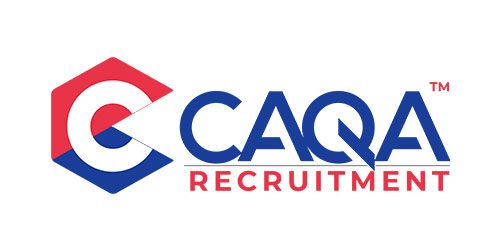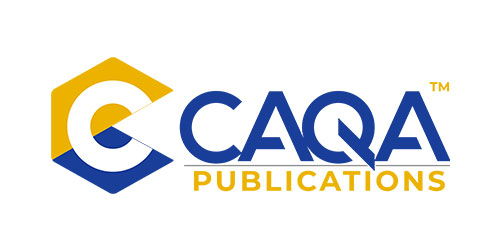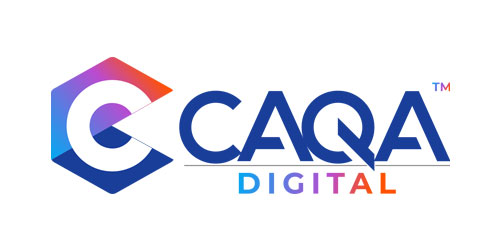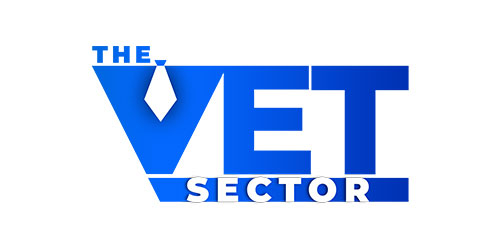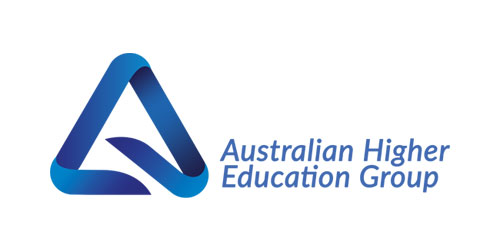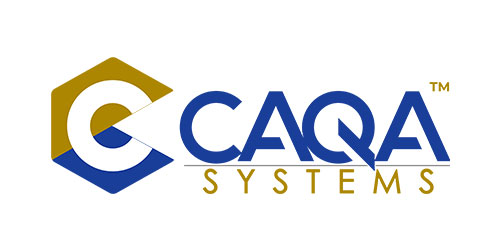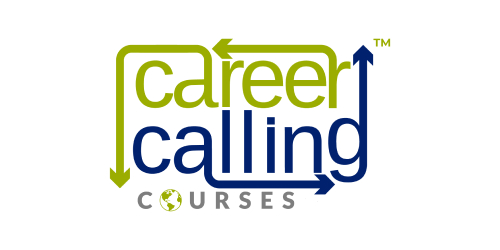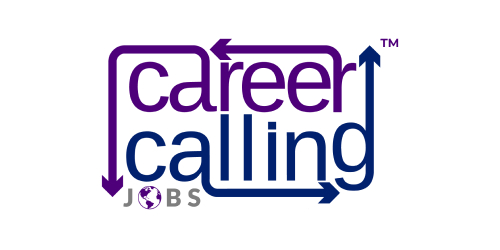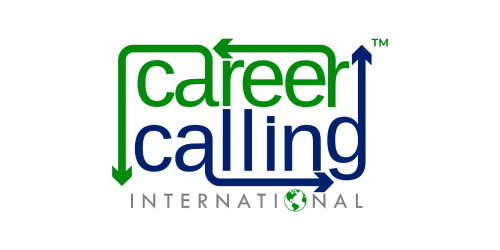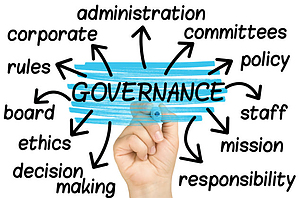
Written documentation is essential for compliance and effective and consistent communication within organisations. Having written policies and procedures that reflect current practices, obligations, community expectations and regulatory bodies assist in accountability and governance. Furthermore, written policies and procedures provide tangible evidence of intended practices that are consistent with the organisation’s values and legal obligations.
Some organisations may have policies and procedures but lack standard templates for policy documents (i.e. policies, procedures, guidelines, etc.) and the documents will have no review dates or are overdue for review.
Any RTO operating the VET Sector must have a policy framework established to ensure policies and procedures are in place. These are very important as the ASQA regulations, other regulatory bodies and corporate citizen practice require certain policies and procedures be in place. Some of these include:
- Access and Equity Policy
- Academic-Non and Academic Grievance Policy and Procedure
- Code of Conduct Policy
- Child Safety policy and procedure
- Social Media Policy
- Student Library Borrowing Policy and Procedure
- OH&S Policy
- Plagiarism and Cheating Policy and Procedure
- Privacy and Confidentiality Policy
- Copyright Policy and Procedure
- Student Refunds
- VET Student Loans Refund Policy
- VET FEE-HELP Refund Polic
- Facility Usage Policy
- Complaints, Grievances and Appeals Form
- Assessment Extension Form
- Authorised Persons List
In ensuring that the policies and procedures stay relevant and current, there needs to a ‘policy framework policy’ or ‘policy on policies’. Some of the key elements of the ‘policy framework policy’ are:
- Policy hierarchy – sets out the documentation that defines and governs the RTO’s activities, listed in order of precedence.
- Policy and procedure development process – sets out the requirements for creating process maps and document templates, policies, procedures, etc.
- Roles and responsibilities – documents who is involved in the process of developing policies and what they do. Who has the authority to approve policies and procedures for publication and distribution etc..
Why you need us for your policies and procedures
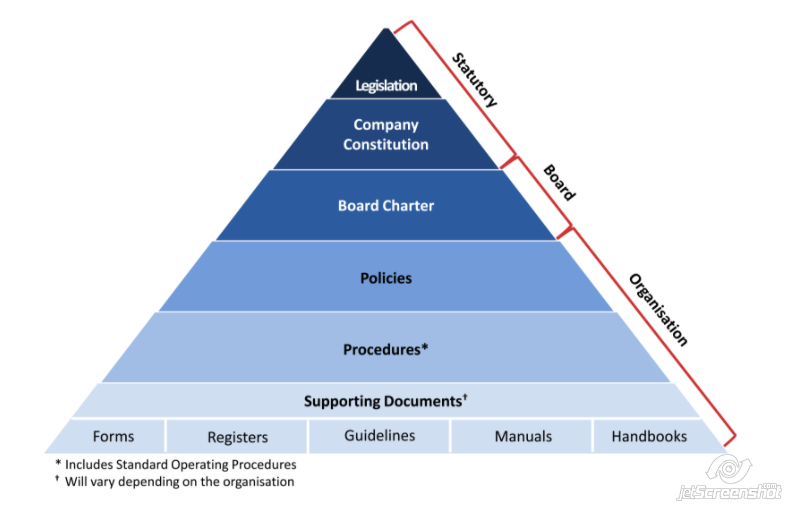
A comprehensive RTO quality assurance management system including policies and procedures provides essential support for your compliance and quality training and assessment.
Policies and Procedures specifically prepared to support the operation of your RTO are essential in meeting your statutory, board and organisational obligations.
If your RTO is audited, you have to demonstrate compliance with the Standards for Registered Training Organisations (RTO) 2015 and other regulatory bodies.
What we will provide/do for you
We will:
- meet with you to discuss your needs
- assign a policy and procedure consultant to help identify your needs
- conduct a needs analysis: Identify the need for the development of a new policy or procedure or review of an existing policy or procedure
- Consult with stakeholders
- Draft a report for your consideration and discussion
- Circulate drafted document
- help you communicate and implement the policies and procedures
- Maintain and review all policies and proceduress
Investment
for more information
 1800 961 980
1800 961 980 info@careercalling.com.au
info@careercalling.com.au